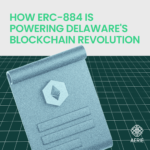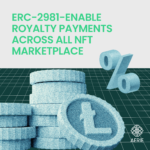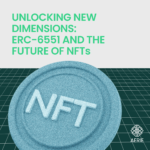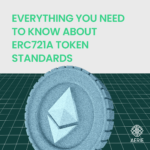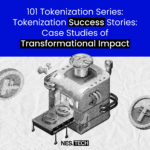Blockchain Tokens in Music Industry: Transforming the Music
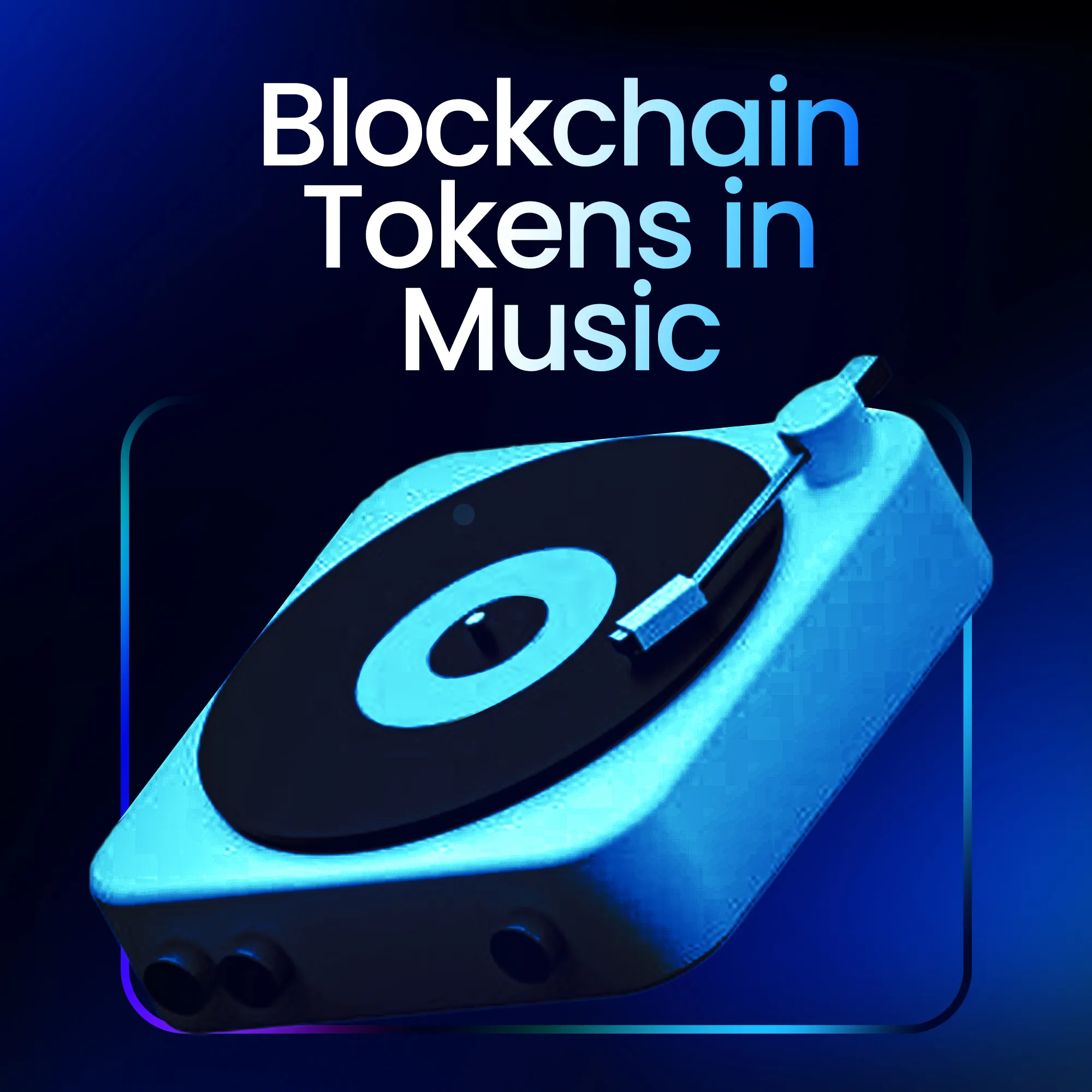
Do you guys remember the big drama between Taylor Swift and Spotify in 2014? What a time! For those who might’ve missed it or need a little jog to their memory, Taylor Swift had a major disagreement with Spotify over royalties and ended up pulling her music from the platform. It was quite the talk of the town, it sure got everyone buzzing.
And who could forget Metallica’s 2000 showdown with Napster? They weren’t too thrilled about fans sharing their music without permission and facilitating piracy of their music. And then there’s Prince — known for his aggressive stance against unauthorized use of his music online. He wasn’t timid about taking folks to court — oh no. He had numerous instances where he took legal action against websites, fans, and even YouTube for copyright infringements.
Many artists in the music world grapple with problems like piracy, issues with royalty distribution, and copyright infringement. The good news is, the music industry’s undergoing a big transformation, and blockchain tech is right at the heart of it. Today, we’ll delve into the fascinating world of blockchain token standards.
The Music Industry in Transition
Over the past few years, musicians have been increasingly curious about the possibilities of blockchain. An article featured on revolt.tv puts the spotlight on a group of exceptionally talented Black music artists who have eagerly embraced the Web3 space, making impressive contributions. We’re talking about the likes of Ashanti, TLC, Latashá, and Miguel — all of whom recognize how blockchain can transform the music industry and benefit individual artists.
Now, let’s talk about a true legend, Snoop Dogg. He teamed up with Sandbox to launch a groundbreaking NFT collection called “Snoop Avatars” and even rocked the metaverse at the MTV Awards, introducing blockchain tech to millions of fans. Snoop Dogg’s pioneering spirit doesn’t stop there; he’s also taken on the role of co-founder in the development of the Web3 live stream platform known as Shiller.
Blockchain technology, with its core attributes of security, transparency, and decentralization, is an appealing solution to the longstanding challenges that have troubled the music industry. As we navigate the world of blockchain tokens, we uncover a promising path that has the potential not only to revolutionize the music industry but also to empower artists and industry stakeholders in unprecedented and exciting ways.
What Are Tokens in the Context of Music?
Tokens are not just a buzzword; they’re a revolutionary force. For many of our readers, the concept of blockchain tokens might be familiar territory. But for those who are new to this topic, let’s break it down.
Simply put, tokens are digital assets that exist on a blockchain network. They can represent various forms of value and rights. Imagine them as virtual coins or stamps, each with a unique value and purpose, securely stored and transferred on the blockchain.
Now, back to the music scene. These tokens, powered by blockchain technology, are playing a crucial role in tackling some of the enduring challenges that artists and key players in the industry have grappled with for years.
Transforming Music with Blockchain Tokens
Before we dive into the specifics of different token standards, let’s take a high-level look at how tokens are positively impacting the music industry:
1. Ownership and Royalty Transparency: One of the amazing things about tokens is their ability to provide transparency in ownership and royalty distribution. Traditional music contracts can be a maze and artists often struggle to track their earnings and ensure that they receive their fair share, but these tokens bring in much-needed transparency. Tokens can be used to encode smart contracts, which automatically distribute royalties to artists based on predefined rules. This not only ensures that artists are compensated fairly but also reduces the need for intermediaries, making the process more efficient.
2. Tokenized Music Rights: Tokens also represent ownership rights to music, and this allows artists to tokenize their songs or albums. This means that artists can sell digital tokens that represent a share of their music rights to fans and investors. These tokens can be traded on blockchain-based marketplaces, opening up exciting avenues for artists to fundraise, bond with fans, and explore new income streams.
3. NFTs and Collectibles: Non-fungible tokens, commonly known as NFTs, are all the rage in the music world. Artists are creating unique NFTs that represent exclusive items like concert tickets, special merchandise, or even unreleased tracks. These NFTs aren’t just purchases; they’re keys to exclusive experiences. For example, an artist might release a limited edition NFT that grants the owner backstage access to a concert or a private virtual meet-and-greet.
4. Fan Engagement and Community Building: Blockchain tokens aren’t just about business; they’re about building relationships too. Blockchain tokens also enable artists to build stronger connections with their fans. By offering exclusive tokens that provide voting rights in creative decisions, artists can foster a sense of community and loyalty among their supporters. This not only enhances the fan experience but also generates a new source of revenue for artists.
5. Global Reach and Decentralization: With blockchain technology, artists can wave goodbye to geographical limits. Artists can reach a global audience without relying on traditional distribution channels. Artists can sell their music and tokens directly to fans worldwide, cutting out intermediaries and retaining a larger share of their earnings.
Different token standards
And now, let’s take a closer look at the various token types that are reshaping music collections. You might find terms like ERC-721, ERC-1155, and Soulbound a bit dizzying at first, but don’t worry, they’re not as complex as they sound.
For the Collectors: ERC-721 Tokens
ERC-721 is a widely known Ethereum token standard that is used to create NFTs. NFTs are unique digital assets that cannot be exchanged on a one-to-one basis because each token has distinct properties and values. Every ERC-721 token is one-of-a-kind, making it suitable for representing ownership of unique items such as digital art, collectibles, virtual real estate, and more. In the music industry, this uniqueness can be used in various ways:
1. Digital Autograph: ERC-721 tokens can include a unique digital signature from the artist, enhancing the value and authenticity of a track or album.
2. Limited Edition Releases: Musicians can issue limited edition ERC-721 tokens for specific tracks or albums, creating scarcity and driving collector interest.
3. Proof of Authenticity: The immutable nature of blockchain ensures that an ERC-721 token proves the originality and authenticity of a digital track or album.
Bundle Up with ERC-1155 Tokens
ERC-1155 is a more versatile token standard that supports both non-fungible and fungible tokens within a single contract. This allows developers to create a combination of NFTs and traditional fungible tokens in a single smart contract. ERC-1155 is known for its efficiency and cost-effectiveness compared to deploying separate ERC-20 and ERC-721 contracts for different token types.
1. Album Bundles: Artists can bundle multiple tracks or albums into a single ERC-1155 token, allowing fans to purchase entire collections with ease.
2. Royalty Points: ERC-1155 tokens can accumulate royalty points with each purchase, which fans can later redeem for access to exclusive tracks or other benefits.
3. Shared Album Credits: Data about the artist, genre, and more can be shared across ERC-1155 tokens, providing comprehensive insights to collectors.
Soulbound Tokens: For the Music Souls
While Soulbound is not a recognized token standard, it serves specific and distinctive purposes. Soulbound tokens are designed to be non-transferable and permanently linked to an individual’s “soul” or identity within the blockchain. Here’s how Soulbound tokens could potentially apply and bring value:
1. Personalized Messages: Some artists might leave a permanent message just for the original buyer. It’s like a secret note hidden in a music bottle.
2. Collector’s Legacy: If you ever take a break from your collection, these albums can be your legacy, passed on like a musical heirloom.
3. Immutable Playback Rights: No matter what, your right to play these tracks is forever yours.
Final Thoughts
The transformative potential of blockchain tokens in the music industry is nothing short of remarkable. As we reflect on historic tussles — Taylor Swift’s dispute with Spotify, Metallica’s face-off with Napster, and Prince’s vigilant defense of his music rights — it’s evident that artists have long been seeking greater control, transparency, and direct engagement with their fans. Blockchain tokens, with their myriad standards and functionalities, promise solutions to these longstanding challenges.
AERIE, a bulk minting and tokenization platform, has established itself as an instrument of change, making the process of creating and managing music projects more streamlined and accessible. Platforms like AERIE are democratizing the industry, enabling even those without in-depth tech know-how to harness the power of blockchain.
In the rich history of music’s evolution, from vinyl records to streaming platforms, blockchain stands as the next monumental stride. With artists and fans embracing this technology, the tune of the music industry is set to be harmoniously reimagined.

